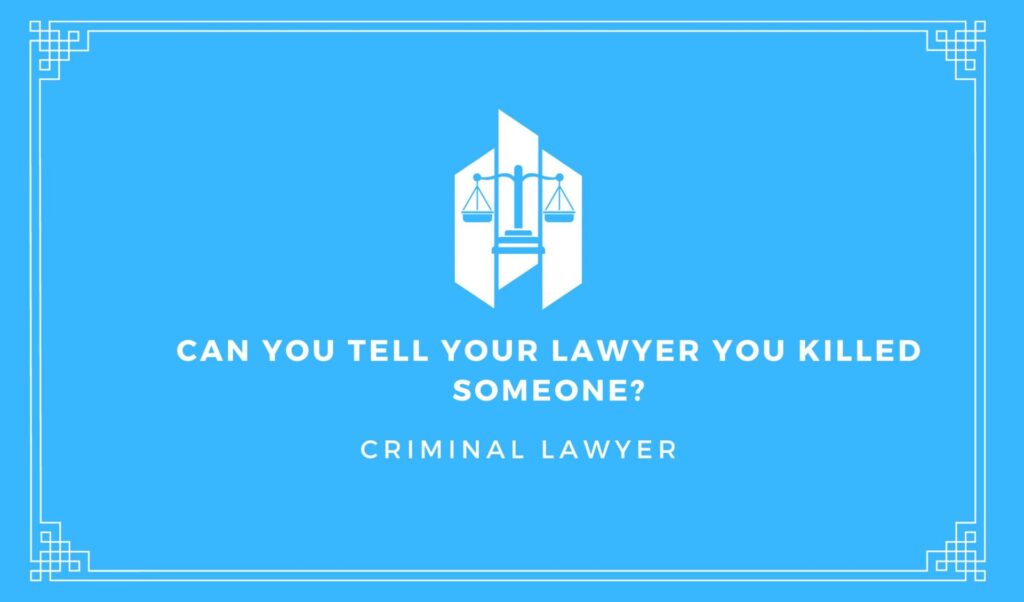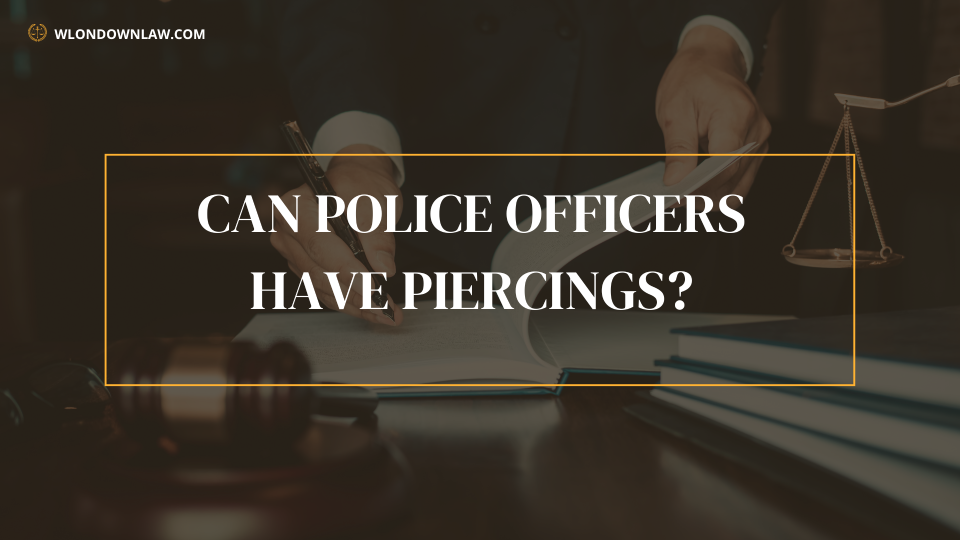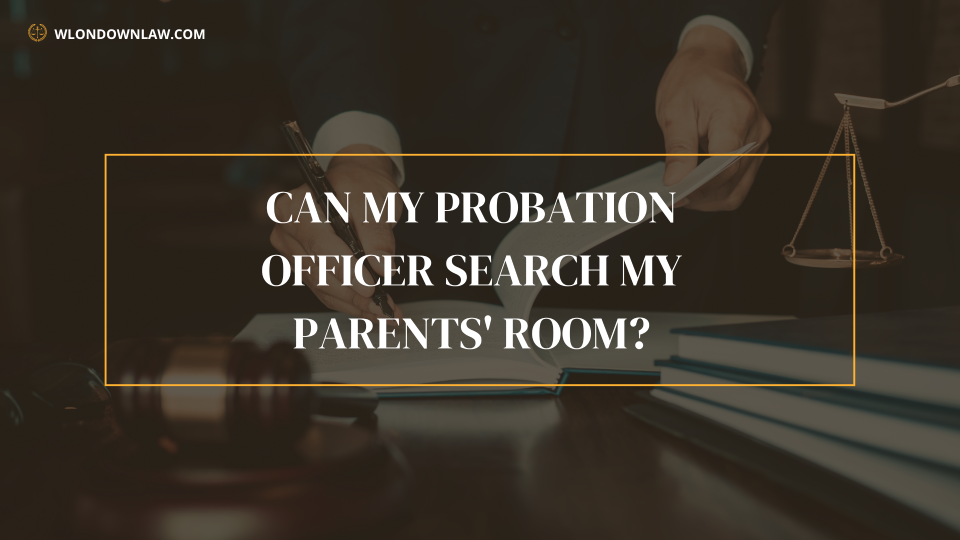You have probably never considered whether you have the right to tell your attorney you have committed a crime.
But the truth is that you do have the right to tell your lawyer you have committed a crime, but it’s not always a good idea. This blog will show you if Can You Tell Your Lawyer You Killed Someone?
People love to talk about their legal woes. Every day there is a new crime story, and the public loves to hear about them.
A lot of attention is given to people who are charged with crimes, and there is also a great amount of attention given to those who are charged with crimes and happen to be acquitted.
Oftentimes, people who are charged with crimes are not convicted of their charges, but the public never seems to let them forget about it.
Much of the legal field is dedicated to ensuring people get justice in their lives. In some cases, people need help struggling with their criminal charges.
It is where lawyers come into play. They can help their clients by giving them the advice they need to get through the legal system. However, people sometimes want to make things easier for their lawyers.

Can You Tell Your Lawyer You Killed Someone?
Assume you killed someone to commit the crime. Is it homicide? Are you going to receive a life sentence? No, not always.
You could have killed to defend yourself. Or, possibly, you had a mental disorder and didn’t realize what you were doing. You might be responsible for a less serious crime if you didn’t intend to murder them.
Protecting attorney-client interactions is a top priority in the United States, even though the intricacies of the laws differ from state to state.
The responsibility for maintaining the confidentiality of any information you disclose to your lawyer is on you, not the lawyer.
It is not up to the lawyer to determine whether it is acceptable for you to tell other people what you told them. Attorneys often aren’t allowed to infringe on the client’s right to make this decision.
In extremely exceptional situations or pursuant to a court order, attorney-client privilege may be waived. It is difficult to lose or abuse this privilege.
A lot of states additionally permit lawyers to reveal information about their clients that they would typically have to keep private without the client’s consent in specific extreme or urgent situations, usually to stop the conduct of a serious crime or to save lives.
The “crime-fraud exception” is another name for this situation. For instance, an attorney may be free to inform the authorities in some jurisdictions if a client has expressed an impending desire to take their own or another person’s life.
The hiding of assets, the location of a missing witness or victim, the destruction of evidence, instructing a lawyer to submit false evidence, destroying evidence, or even making threats against others may all fall under this exception.
However, in most cases, the right of attorneys to reveal privileged information does not apply to things that have already happened, such as whether a client who is defending against criminal charges truly “did it” or not.
Typically, Lawyers Don’t Ask
There are several reasons why a lawyer rarely requests that a client disclose the truth about what occurred.
A client could tell a falsehood to their attorney for a variety of reasons, including fear, humiliation, shame, guilt, mental illness, intoxication, denial, and more. Sometimes, the client is still processing trauma and is unsure of what occurred.
For better or worse, he occasionally changes his mind about the story he wants to tell you as time passes.
The lawyer should situate the client in a situation where they can always tell the truth and feel comfortable doing so.
Lawyers must learn how to respect their clients’ privacy, employees, and former clients’ privacy. In the U.S., attorneys must keep all communications with their clients confidential unless they consent to disclose the information. Attorneys must respect the privacy of their clients.
If you are considering hiring a new attorney, make sure to ask them about their policy regarding confidentiality.
If you are unhappy with the attorney, it is important that you tell them that right away. Never keep this information to yourself. The attorney may decide to quit your case.
Benefits Of Disclosure
There are a few strong reasons to explain what happened to your attorney.
- If the lawyer is telling the truth, he will be able to anticipate the worst possible evidence and prepare the case accordingly.
- The lawyer could be able to better manage the inquiry and his staff, which could ultimately result in you paying less in fees and charges over time.
- A more open and trustworthy working environment may result from a disclosure that the lawyer believes is sincere.
Drawbacks Of Disclosure
Your attorney may think that it is best to disclose the problem immediately so that he does not have to look over old files and documents and make himself vulnerable to any surprises that could come from those materials.
If he believes you are lying about the problem, he may think it is best to fire you quickly and avoid wasting time on the case and in court. You will probably lose the case, and it might cost you more money and time than it would have otherwise.
Without the protection of a court order or extraordinary circumstances, an attorney who neglects to secure his client’s information is likely to lose clients or his license to practice law.
While most defense lawyers aren’t afraid to take on factually complex matters (which some could even find objectionable to the average person), most of them will refuse to participate in a current or future crime.
If you make such a disclosure, you could have to hire a different attorney.
If I told everything, would my lawyer resign?
Your lawyer has to do his job right. There are so many things that he must consider when you make a statement. He is going to have to research the case and make sure that he knows everything about it.
For example, he must know all the witnesses and look for information that could help him defend you. He must also make sure that everything about your past is cleared up. He must find out if there are any records that can help you.
He may have to check with the state to make sure that he didn’t commit any crimes while living in that state. He must look for any information that would hurt your case. It could be something that happened before you became a defendant.
In general, whether lawyers defended the client depended largely on how well he behaved and handled business and whether the incident did not involve ongoing or future crimes.
A criminal defense lawyer would never be able to pay his costs if he only took on cases for which he was positive his client was innocent.
Frequently Asked Questions
Do you Need a Criminal Defense Attorney?
A criminal defense attorney is a lawyer who has a specialty in dealing with legal issues related to criminal charges. Usually, they represent people who have been accused of committing a crime.
They can be hired by the accused person to represent them during court proceedings. You will need a criminal defense attorney if you have been arrested and charged with a crime.
What is a Criminal Law Attorney?
A criminal law attorney is someone who helps individuals defend themselves against criminal charges. A criminal law attorney is also a prosecutor’s worst nightmare. A criminal law attorney can argue the prosecutor’s side of a case. A criminal law attorney can also take depositions and testify in court.
What Does a Criminal Law Attorney Do?
Criminal law attorneys can do a variety of things to help their clients. A criminal law attorney can interview the victim or witness.
A criminal law attorney can gather evidence and search the victim’s home. And can also prepare legal papers for a client to file in court.
Final Verdict
We hope you enjoyed our article “Can You Tell Your Lawyer You Killed Someone?” The answer will largely depend on the case’s specifics, including the client’s disclosure of information regarding a previous event vs. a current one or one that is expected to happen soon.
If you are ever charged with a crime, you should consult with your lawyer. We are passionate about providing the best legal advice we can. Many factors come into play when it comes to being charged with a crime, and the information below is just one of them.
We hope these tips help you and recommend that you consult with a lawyer before inadvertently getting in trouble. Thank you for reading. We would love to hear from you!


